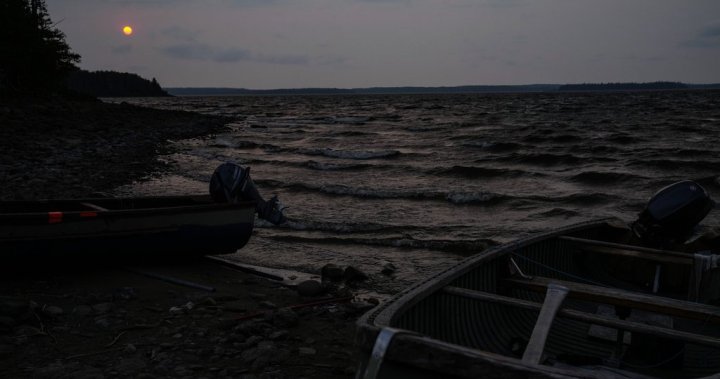The clash over Ontario’s mining legislation intensifies as Indigenous leaders voice mounting concerns about what they describe as inadequate consultation processes. Having covered Toronto’s business landscape for over a decade, I’ve watched this story develop with troubling implications for both Indigenous rights and the province’s economic ambitions.
Last week, I sat down with Chief Gaius Wesley of Constance Lake First Nation, who didn’t mince words about Bill 88, the Mining Amendment Act. “This legislation fundamentally alters how mining happens on our traditional territories, yet we were barely brought to the table,” Wesley told me during our conversation at a downtown Toronto café.
The provincial government maintains that Bill 88 will streamline mining processes, potentially unlocking billions in mineral development crucial for electric vehicle battery production. Economic Development Minister Vic Fedeli has repeatedly emphasized the legislation’s role in positioning Ontario as a critical minerals powerhouse.
However, opposition continues to grow. The Chiefs of Ontario organization, representing 133 First Nations across the province, passed a resolution last month formally opposing the bill. Their primary complaint centers on what they view as cursory consultation that fails to meet the standard of free, prior, and informed consent established in the United Nations Declaration on the Rights of Indigenous Peoples.
“Meaningful consultation isn’t a checkbox exercise,” explained Alanna McKenzie, an Indigenous rights lawyer I’ve known through Toronto’s legal community. “When legislation potentially impacts treaty rights and traditional territories, First Nations must be genuine partners in the development process.”
The timing of this controversy coincides with increased global demand for critical minerals. Walking through Toronto’s financial district yesterday, I noticed multiple mining company headquarters displaying growth projections tied directly to Ontario’s rich mineral deposits. The stakes are undeniably high for all parties involved.
Provincial officials defend their approach. In a statement provided to me by the Ministry of Mines, they highlighted several roundtable discussions held with Indigenous representatives over the past year. Yet multiple chiefs I’ve interviewed claim these sessions often felt one-sided, with government representatives presenting predetermined plans rather than collaboratively developing solutions.
The conflict represents a classic tension I’ve reported on throughout my career – balancing economic development with Indigenous sovereignty and environmental protection. Northern Ontario’s Ring of Fire region, estimated to contain chromite deposits worth over $60 billion, exemplifies these competing interests.
When I spoke with environmental economist Thomas Rodriguez at the University of Toronto last week, he emphasized the long-term perspective. “Short-circuiting proper consultation might speed up initial development, but it typically leads to protracted legal challenges and community resistance that ultimately delays projects far longer,” Rodriguez noted.
For Toronto’s mining sector, which hosts headquarters for numerous exploration and development companies, regulatory certainty remains paramount. Several industry executives I’ve interviewed express private concerns that inadequate Indigenous consultation could create years of investment uncertainty.
The provincial legislature resumes session next week, with Bill 88 potentially moving toward final reading. Indigenous leaders have announced plans for demonstrations at Queen’s Park, while several First Nations are preparing potential legal challenges should the bill pass without substantial amendments.
As this situation unfolds, I’m reminded of similar conflicts I’ve covered across Canada where resource development and Indigenous rights intersect. The path forward likely requires something beyond what either side has proposed thus far – a genuine co-development approach to mining legislation that honors both economic opportunities and the constitutional protection of Indigenous rights.
For Torontonians watching from afar, this dispute matters. The minerals beneath northern Ontario soil could power our future electric vehicles and green technology. But how we extract those resources will define our province’s relationship with Indigenous peoples for generations to come.
Source: Global News







